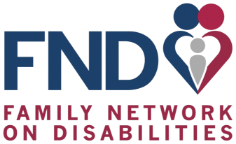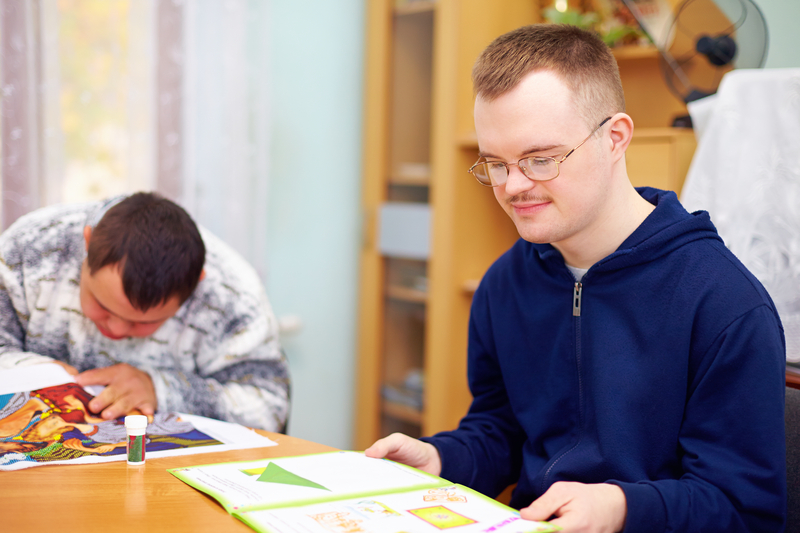BLOG POST
What Kinds of Disabilities Resources and Special Needs Resources Are There?
What Kinds of Disabilities Resources and Special Needs Resources Are There?
There are a lot of resources available to people with disabilities and their families. Our mission is to make it easy to find, understand, and connect with the programs and services you need to care for and support your loved ones. Here we look at popular special education and healthcare programs.
Special Education
Every state has at least one Parent Training Information (PTI) center, whose services ensure that parents have the ability to prepare their children for school and help them lead productive, independent lives.
Florida has three PTI programs that service three geographic regions of the state. These programs include POPIN, PSN, and PEN. They are all funded by the U.S. Department of Education, Office of Special Education Programs. Each program provides free training and information to parents so they can make a positive impact in the lives of their children. Here are the full names of each program and how to find out more/ get in touch:
- POPIN, or Parents Offering Parents Information and Networking. POPIN helps families across the Florida Panhandle and the upper east coast of Florida. Find their latest updates, events, and services.
- Parent Support Network. The program is the PTI center for Central and Northeast Florida. You can find more information at the PSN Facebook page.
- Parent Education Network. PEN serves the southernmost counties in Florida. See the latest events they have scheduled.
Each of these programs offers free training and information to families of students with disabilities.
FND is your resource for meeting the challenges that comes with having a disability. We are here to answer your questions and share the information you need to advocate for your child. Call us at (727) 523-1130 or toll free at (800) 825-5736. You may also share your needs with us online.
Health and mental health
Family Support, Training, Assistance, and Resources (Family STAR) is the Family-to-Family Health Information Center (F2F HRC) of Florida. It is funded by a grant from the U.S. Department of Health and Human Services (HHS), Health Resources and Services Administration (HRSA).
This program helps families of children with special healthcare needs to make informed decisions about health care for their children, providing:
- Support
- Training
- Assistance
- Resources
Our goal in sharing this resource is for families to be effective partners in healthcare decision-making at all levels and report satisfaction with the services they receive. Connect with Family STAR on Facebook. Need help now? Click here to get Family STAR support.
Transitioning to adulthood
Moving from high school into the responsibilities of adulthood is a major life event. For someone with disabilities, it’s especially important to have sound, patient guidance to make this transition feel fulfilling.
Some of the questions you may want to ask your child include:
- What hopes do you have for the future?
- What do you need to achieve your dreams?
- What kind of education do you hope to attain?
Our guide to Transition Planning for Students With Disabilities includes the information you need to take a methodical approach to helping your child prepare for adulthood:
- Why it’s important to get a head start on the planning process
- Checklists on what to do at each age of transition
- The importance of the Individualized Education Program
Save this resource today and review it as a family so that you can take a proactive role in giving your child the care, services, and support they need to enter adulthood with confidence.





